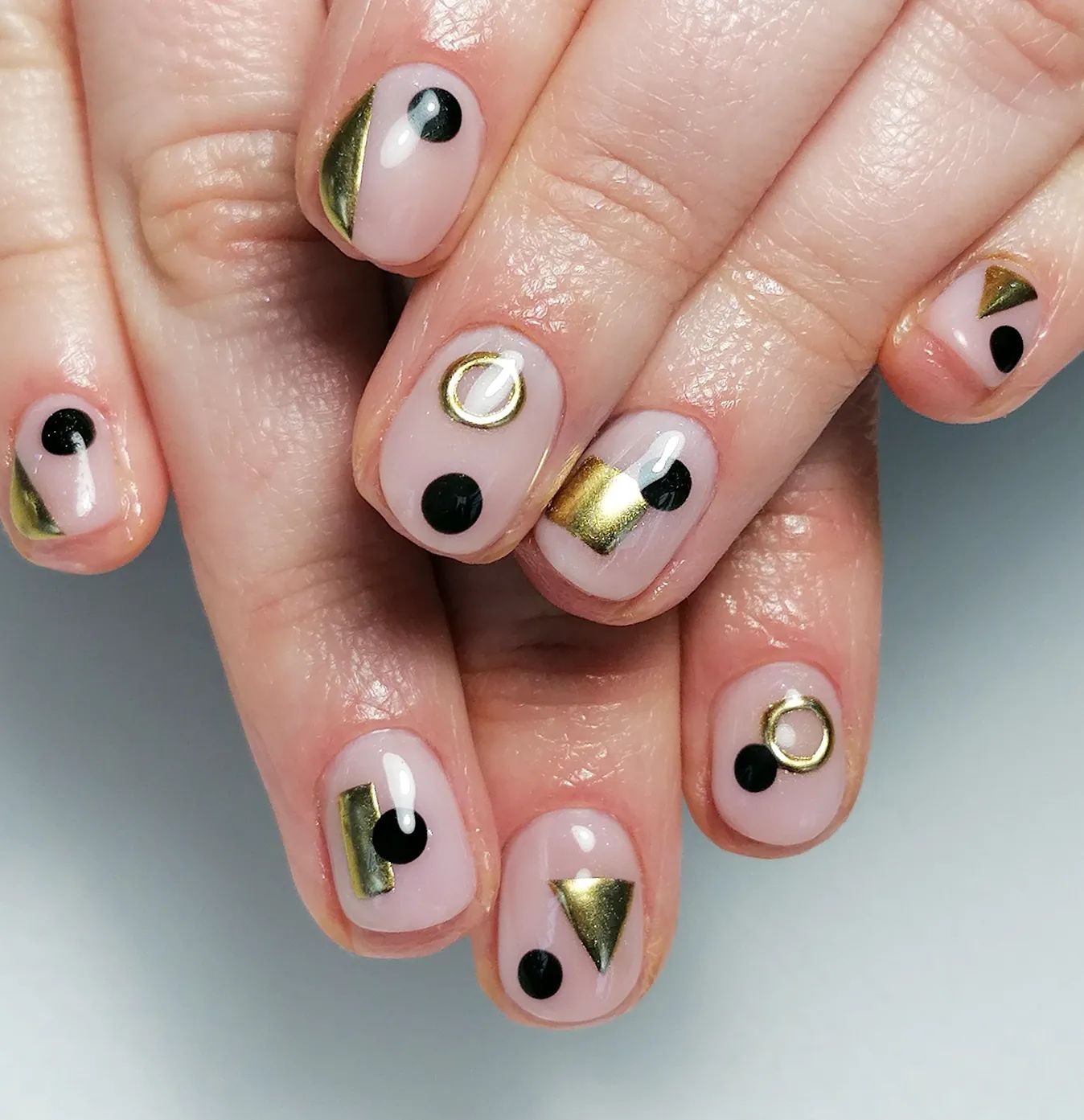Oral health is one of the most important aspects of your overall health. To keep your dental health intact, it’s advised to see a dentist every six months.
In this way, dentists can do a proper diagnosis of any dental problem and start taking measures accordingly. But many individuals face intense anxiety and fear when it comes to taking appointments with a dentist.
For that reason, most people don’t show interest in going to the dentist unless it’s an emergency.
If you also feel anxious before seeing a dentist, it’s high time you start resolving that issue. So, take a look at these 14 tips that will immensely help you conquer your fear of the dentist and make dental checkups bearable.

1. Adress Your Fears
Before overcoming any fear, it’s always suggested to understand and recognize your fears properly.
By addressing your fear factors, it becomes much easier to identify the causes of your fears and properly deal with them.
First, write down your fears and find out why they’re affecting you. Most people suffer from some common fear factors including:
Pain
It’s true that dental checkups can be painful at times and that creates a lot of anxiety among people.
But modern dental treatments are much less painful and tolerable. Besides, you won’t be feeling much pain under the supervision of expert dentists.
Not Knowing What Will Happen
It’s normal for people to be anxious when they don’t know what will happen next. Since we can’t see our dental condition, it’s obvious that you might be nervous about the situation.
That’s why most dentists will try to explain their procedures and make you comfortable with the whole process.
Bad Experience
It’s possible that your previous dentist might have caused you a lot of pain while providing dental care. That will automatically create a dental phobia and make your next dental appointment more frightening.
But trust us, most dentists want to give you the best experience while treating you. So changing your dentist is a good idea to resolve this problem.
2. Find the Perfect Dentist for You
A big aspect of removing your dental phobia is to choosing the right dentist or dental care that fulfills all your requirements.
If you take treatment under the supervision of an expert dentist, most of your dental problems will be successfully resolved.
Before choosing a dentist, you have to consider several aspects including how they treat you, the quality of their service, patient feedback, etc.
You should also look at the environment before choosing dental care because it can say a lot about their service.
One important piece of advice – try to choose dentists who are great at handling patients with dental phobia and anxiety issues.
3. Be Vocal About Your Fears
It’s important to have a good relationship with your doctor in order to have an overall good experience at the dental clinic.
It’s also a crucial factor in removing anxiety toward dentists.
To have better communication, always try to explain your fear factors and anxiety issues to your dentist. In this way, the dentist will understand what you fear and try to avoid some procedures that can make you uncomfortable.
A conversation with your dentist will surely boost your confidence and reduce most of your fears.
4. Find Ways to Reduce Your Anxiety
If you have anxiety problems, the main task of the dentist should be to get you adapted to the new environment. It’s a crucial part of reducing your fear because a good experience can make the whole process a lot more bearable.
That’s why you should ask your dentist to take things slow and start with mild treatment. This will allow you to ease into the process and make life a lot more comfortable for you.
Thus, your anxiety and fear will be substantially reduced.
5. Bring Someone With You
For people with dental phobia, a familiar face can greatly reduce most of the fear of the dentist. So, if you have a family member or a friend available during your appointment with the dentist, you should ask them to join you.
That individual can give you the mental support you need and you’ll feel a lot more relaxed when you have familiar faces around you.
Bringing a familiar face is also an essential part of preparing your children for their first dental checkup. But always remember to only bring people who don’t have a dental phobia or anxiety related to dentists themselves.
6. Use Relaxation Techniques
Relaxation techniques are one of the most common methods for overcoming any phobia. These techniques are also quite helpful in keeping you calm and relaxed in crucial procedures of dental treatment.
Controlled breathing is an effective way to relax the muscles and make your heart-rate steady. To apply the technique, you just have to take a big breath and let it out slowly.
It’s a simple method that can keep you comfortable even in tough conditions.
7. Sedatives Can Help
Sedatives can be the best option when you have to endure a significant amount of pain. If the dentist thinks that the pain will be too much, you will be given a dosage of sedative that will keep you relaxed even during painful procedures. It basically makes your pain receptors numb so you won’t feel much pain.
But these sedatives often come with a lot of adverse side effects, so it’s not always advisable to use these medications. Before taking any sedative, always consult with your dentist regarding which one works best for you.
8. Use Distractions
Distracting yourself is also a useful way to be less anxious during dental procedures. Taking our minds off the fear factors can prove to be highly beneficial in reducing fear.
During your dental checkup, try to divert all your attention to fun activities that can calm your nerves. You can listen to soothing music or even play with stress balls to calm yourself.
You can even watch funny cat videos or feel-good video clips to stay calm before an appointment.
9. Consult With a Psychologist
Since the whole dental phobia is psychological in nature, another way to overcome this barrier is to take the help of an experienced psychologist.
Sometimes, the anxiety becomes so intense that the only way to resolve this issue is through proper counseling.
Good psychological therapy will not only reduce your fear but also help you adapt to a new environment.
As regular dental checkup is vital for improving your oral health, you’d be better off enhancing your coping mechanism with a psychological consultation if necessary.
10. Arrive Early
On the day of your dental appointment, always try to reach there early. Its’ because arriving late for a dental appointment will create extra pressure on your mind.
As you’re already suffering from dental phobia, any further stress can even worsen your situation. So it’s better to avoid all traffic and arrive early.
Besides, by coming to the clinic a bit before, you’ll have time to adapt to the environment and stay more relaxed before your appointment.
11. Don’t Hesitate to Ask Questions
Asking questions is found to be a helpful coping mechanism for many people. So never be shy to address any of your concerns regarding the whole dental procedure.
If you need to know about any specific treatment, all you have to do is just ask the dentist. An experienced dental team can answer all your questions and explain them easily.
Besides, by asking questions, your mind will stay occupied which will help reduce anxiety.
12. Schedule a Morning Appointment
A logical thing to do is to make your dental appointments early in the morning. In this way, you get to avoid unnecessary stress and fear.
Besides, you don’t have to be anxious all day about the appointment. Day-long anxiety and stress can also negatively impact your work and confidence level.
On top of that, dental appointments in the morning effectively save you time as they won’t conflict with your regular work schedule.
13. Use Signals if You Want to Stop
Another part of communicating with your dentist is through signals during the procedure. Since you can’t talk when the dentist is providing treatment, you should use some predetermined signals to say how you’re feeling or express your pain level.
It’s important because sometimes you might be feeling anxious or too uncomfortable to continue with the procedure. In that case, you can simply use the signals to stop the procedure and take a break.






